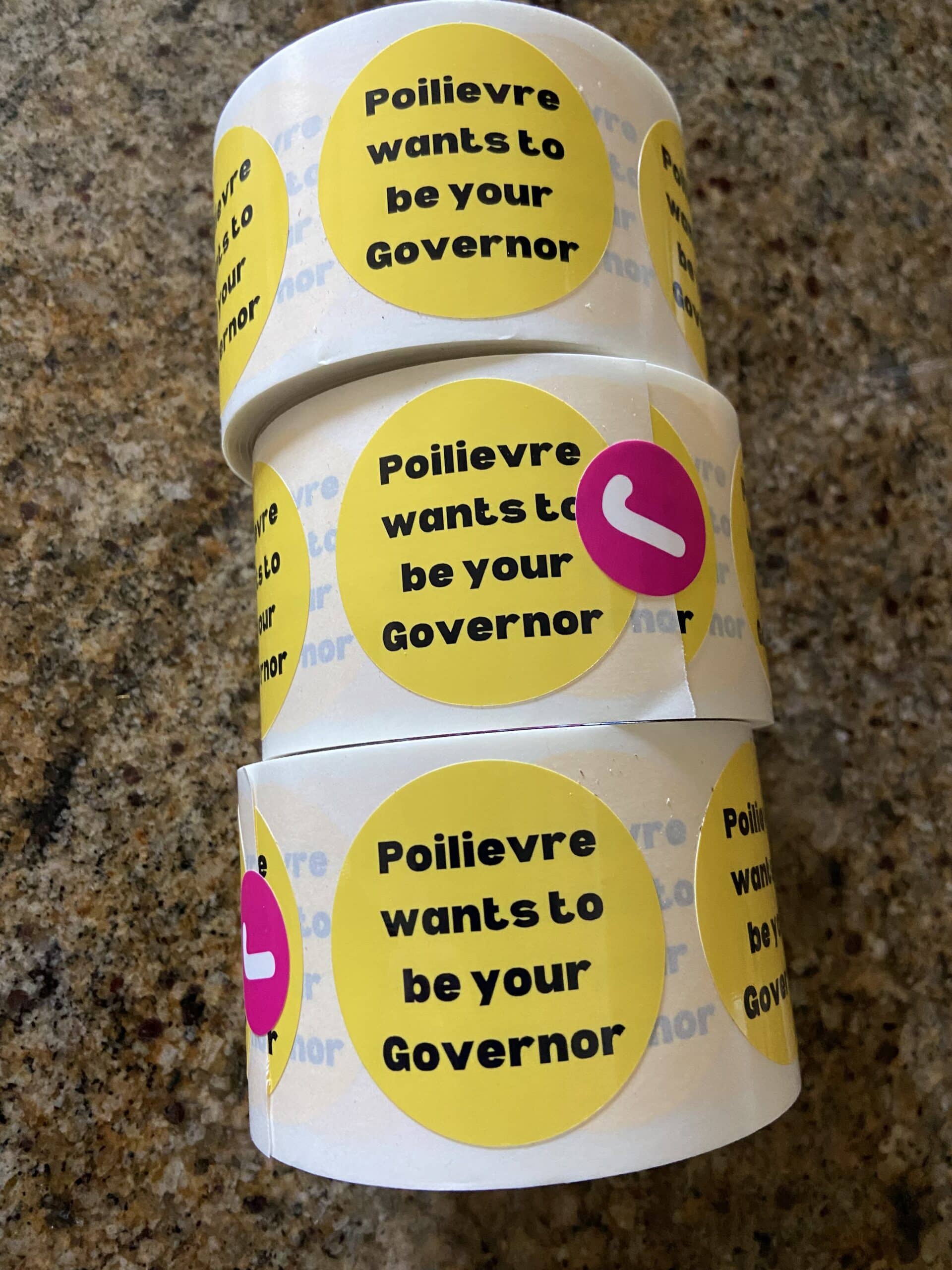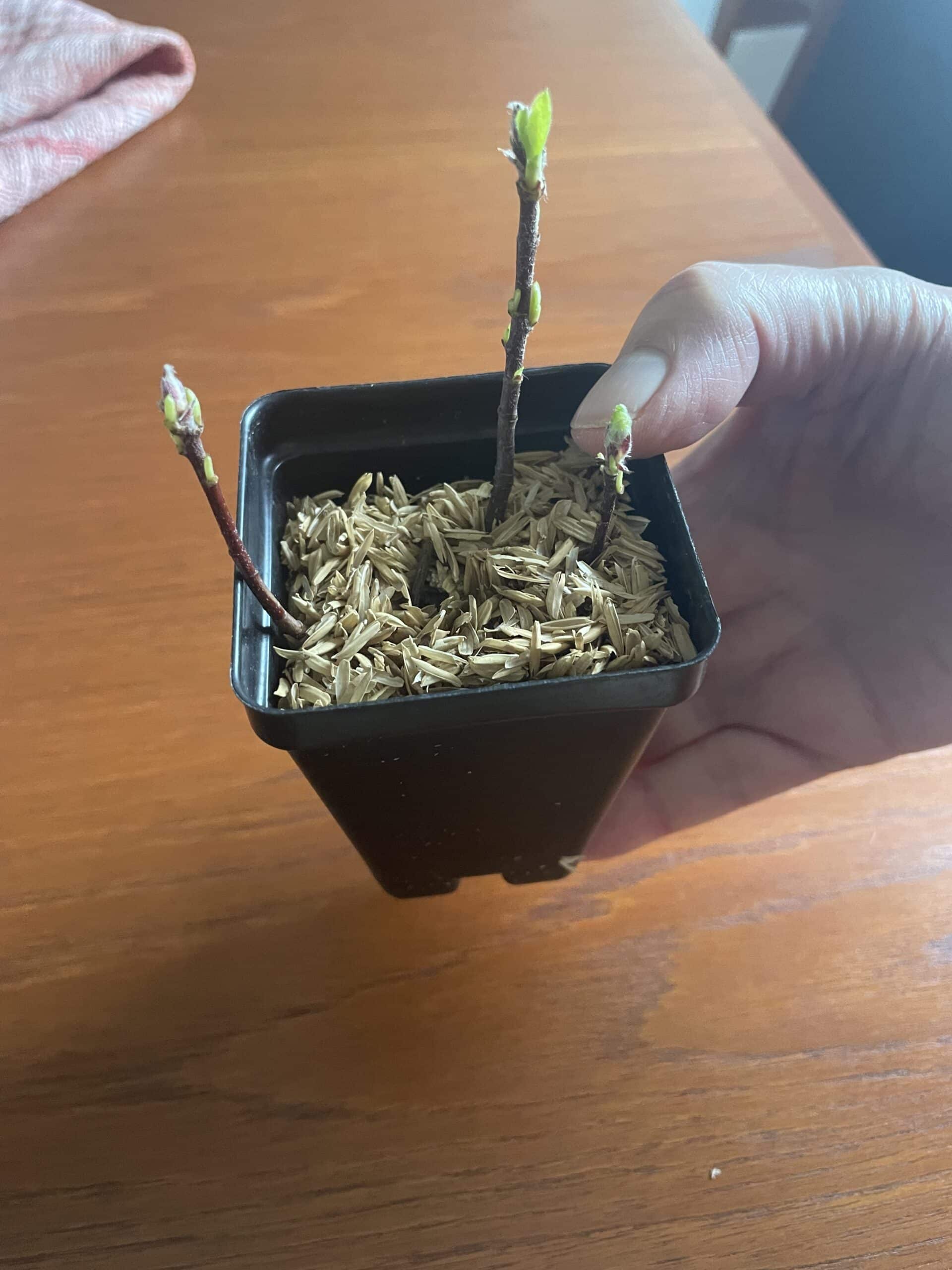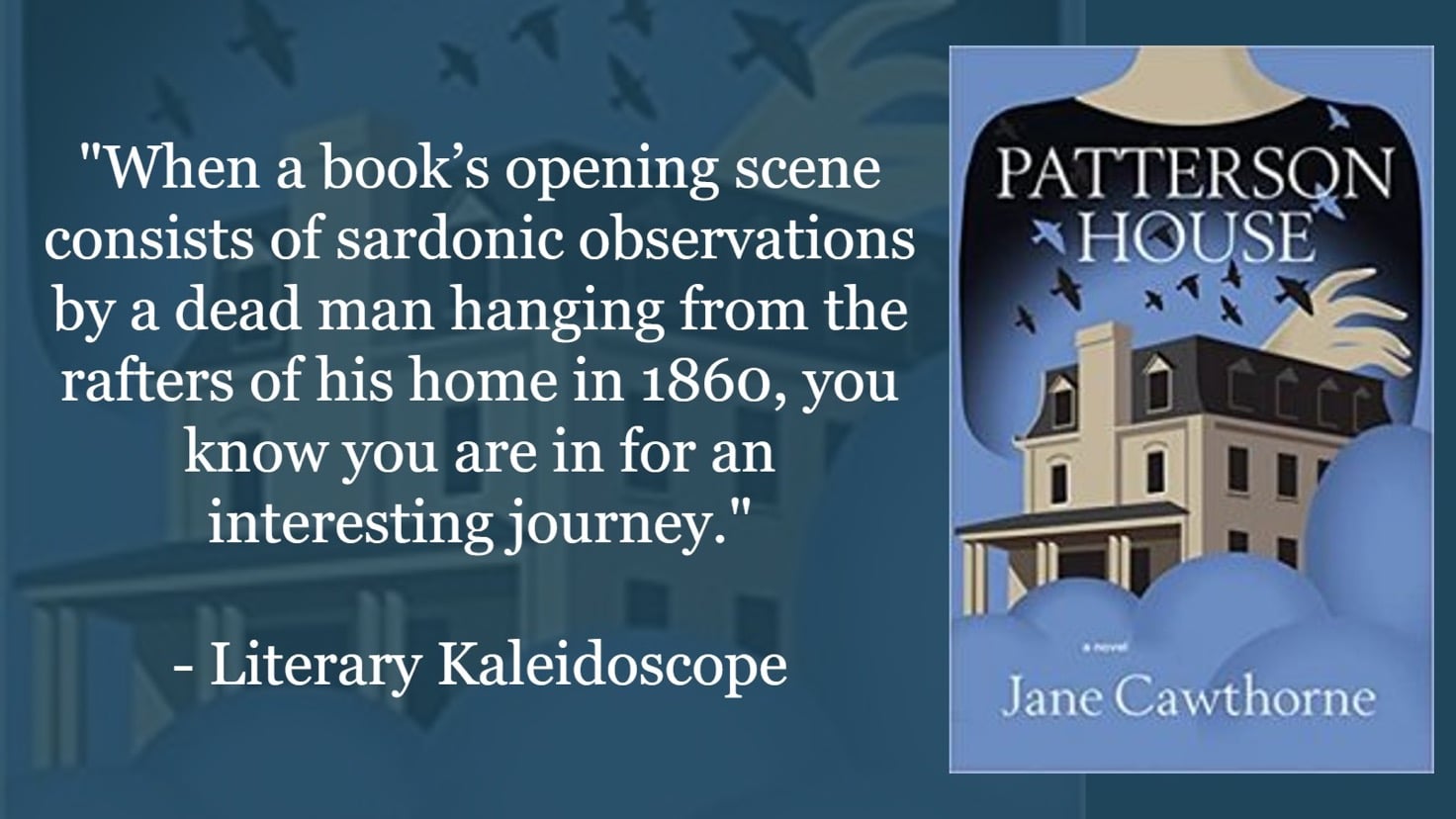A long time ago, I thought of writing an essay about radiation. That was prior to my first cancer diagnosis, and prior to receiving radiation therapy which, at first, saved my life and is now killing me. It’s not really fair to say radiation snuck up on me; I had always been aware of it.
When I first imagined the radiation essay, I was thinking a lot about nuclear war and nuclear power and the risk of poisoning the environment. The Three Mile Island nuclear disaster happened in 1979 when I was sixteen years old, and it had a strong effect on me. I was not part of the generation that had to practice “duck and cover” in case of nuclear war, but I knew too much about what time it was on the Doomsday Clock. I was a kid who thought a lot about radiation.
I saw photos of people after Hiroshima, their skin falling off them in ribbons. In 1982, like so many others, I saw the film, “If You Love This Planet,” a plea by Dr. Helen Caldicott to end the insanity of the arms race and nuclear proliferation. Then, Chernobyl in 1986. In the 90’s, I got the opportunity to interview Caldicott for a small local newspaper when she was visiting Alberta to oppose efforts to build a nuclear power plant in Peace country. Peace country, rather inconveniently, sits on fault lines. I don’t know, but it seemed like a bad idea to me. Caldicott remains a hero to me.
I wondered what my own personal exposure to radiation had been. Could a person somehow tally up their dental x-rays and other x-rays, their exposure to all kinds of environmental radiation and know anything valuable? I realized soon enough I did not have the scientific knowledge I needed to write such an essay and dropped it. Dr. Ursula Franklin and others had brilliantly proven that nuclear tests were leaving their trace in humans, finding strontium-90 in the baby teeth that mothers had saved. Other much more knowledgeable people were on it.
Years later, one of my few “viral” moments on social media occurred after being awakened by a public alert about a situation at the Pickering Nuclear Plant which sits on the shore of Lake Ontario. I can’t remember exactly what happened anymore—it was like a sneaker wave. It’s just a wave until it isn’t. I posted something in the darkness about how it seemed a lot people were just reminded that there’s a huge and aging nuclear plant on one of the largest bodies of fresh water in the world.
I had been to a protest at the Pickering plant before with a group of Raging Grannies who were opposed to efforts to continue its operation past its best-before date. There was a meeting of fat cats and regulators going on inside and the Grannies tried to get in. We were not successful. I had to de-escalate a situation which may very well have resulted in the arrest of one of my compatriots who was well into her 80’s at the time. I saw first-hand how opposition would not be tolerated. They were scared of a frail 80 year old. Take from that what you will.
Somewhere between Helen Caldicott and Pickering came the radiation therapy. And now, twenty-odd years later, I know, finally, what the essay is about. It’s not an essay I need a big background in science to write. It’s about me and my own personal Chernobyl. It’s about what I will die of.
I likely will never write it. I don’t want to spend my time right now alone and writing. But maybe you can imagine I wrote it. Maybe this IS the essay.
I try to be sanguine about my situation. I see no other route that allows me to carry on. And then some little problem, a problem that was a subset of the larger disaster, demands its time in the sun.
I think of these problems as sneaker waves. Sure, we knew the wave was there, but it was nothing until it wasn’t. We humans can be pretty good at setting important things aside, even humans like me who don’t really go in for denial. In time, I return to sanguinity.
I realize that there is no part of this word that means “relaxed,” but the word sanguine itself seems relaxed. It’s the “s” sound, the way the word feels loose when spoken. The sounds are soft, and I have to stay soft. So I’ll write an essay about not writing an essay. So much easier.



